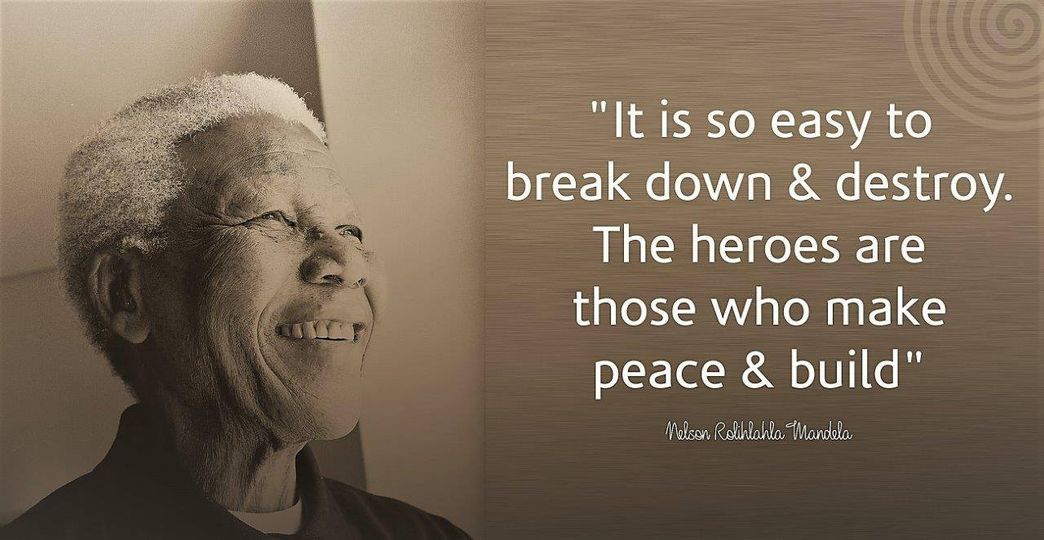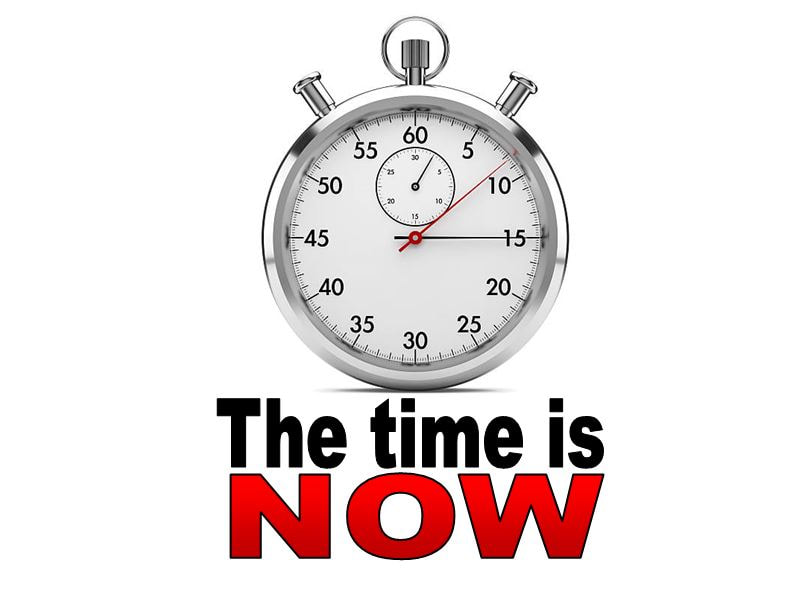Why do we find the feminine so threatening? Is it because of the frailty of our masculinity?
For as long as we continue to co-create a culture that values material over moral achievement, we have no choice but to annihilate our feminine ability to behold and reflect, with empathy - lest our true impotence is exposed.
Jean
For as long as we continue to co-create a culture that values material over moral achievement, we have no choice but to annihilate our feminine ability to behold and reflect, with empathy - lest our true impotence is exposed.
Jean






 RSS Feed
RSS Feed